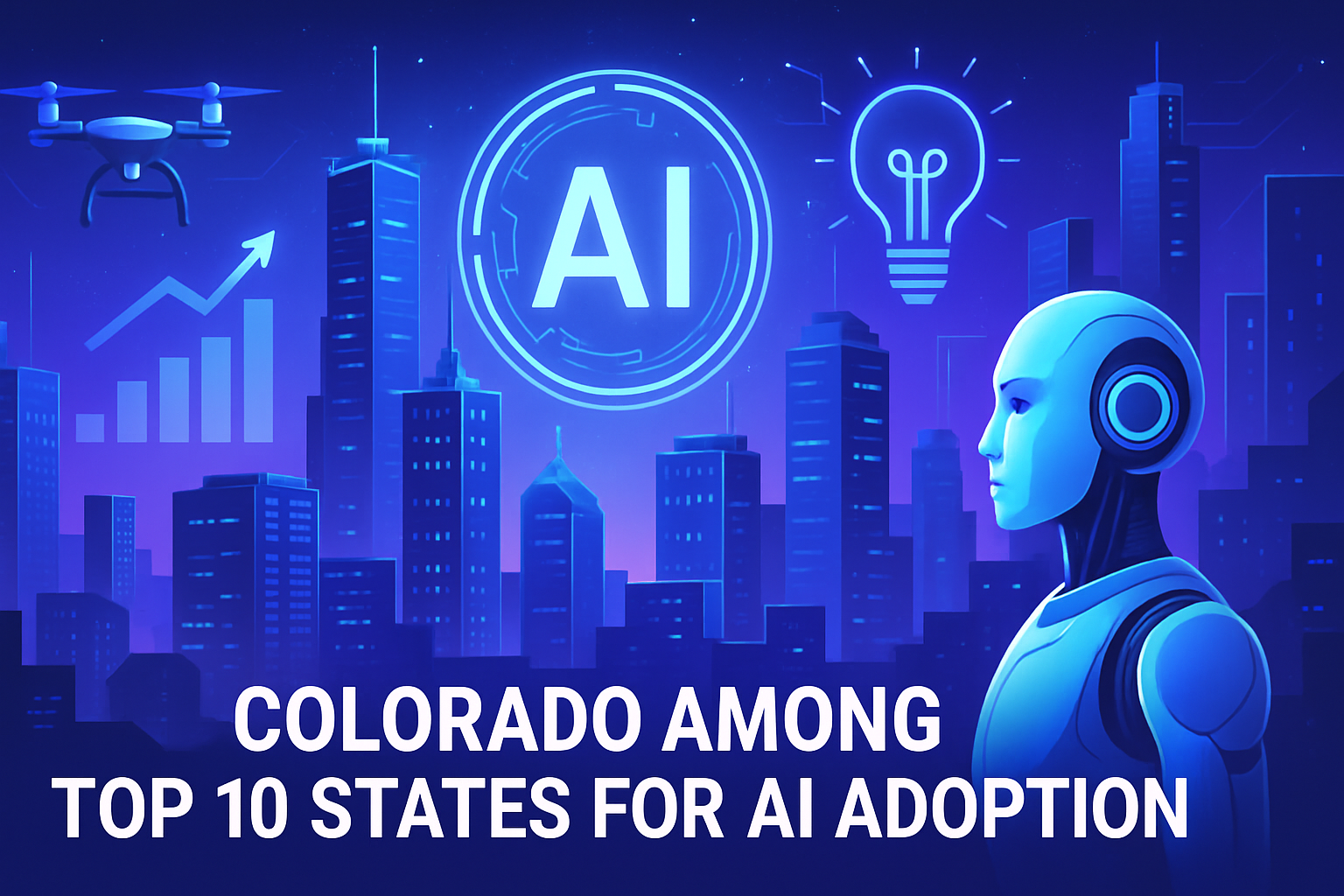The Colorado and the Adoption of Artificial Intelligence
Emerging at the top of national rankings, Colorado embodies the rapid rise of artificial intelligence. This territory, due to its conducive environment for innovation, attracts both startups and multinational subsidiaries. A dynamically ecosystem fosters education, research, and partnerships between the public and private sectors.
This advancement comes with ethical challenges, sparking heated debates within the community. The need for adequate regulation arises to frame this revolutionary technology. The contrast between potential and precautions highlights the importance of a thoughtful approach to its integration.
Companies must skillfully navigate between innovation and social responsibility, while also benefiting from this unprecedented entrepreneurial momentum. Faced with these challenges, the strategies adopted by Colorado could influence the future of artificial intelligence at the national level.
Colorado and Artificial Intelligence
Colorado currently stands out by ranking among the top ten states in the United States in terms of artificial intelligence (AI) adoption. With a robust technological infrastructure and a thriving startup ecosystem, this state attracts the attention of companies looking to integrate AI into their processes.
Contributory Factors to Adoption
Several elements favor this rapid progression. Access to a highly skilled workforce, trained in technological fields, represents a significant asset. Local universities, some of which rank among the best in the country, help supply the AI skill market.
Moreover, government support and private entities stimulate this dynamic. Local initiatives, such as grant programs and investments in digital infrastructure, play a determining role. These efforts not only promote the adoption of new technologies but also encourage experimentation and innovation.
Impact on the Local Economy
The integration of artificial intelligence has significant repercussions on Colorado’s economy. Sectors such as health, finance, and agriculture particularly benefit from AI-based solutions, which optimize operations and improve efficiency.
Local businesses adopting these new technologies see their performance improve. This translates into increased productivity and reduced operational costs. A convincing return on investment encourages more organizations to embark on this technological journey.
Educational and Awareness Initiatives
Educational programs, both in schools and universities, are emerging to raise student awareness of the issues surrounding artificial intelligence. These initiatives aim to train a new generation of professionals capable of addressing the challenges posed by this technological evolution.
Thus, workshops and seminars are regularly organized to share knowledge about AI. This dissemination of information fosters a culture of innovation and generates excitement around artificial intelligence throughout Colorado.
Future Perspectives
As the adoption of artificial intelligence becomes widespread, Colorado is well positioned to become a major incubator in this field. The state continues to strengthen its technological ecosystem while fostering collaboration between the public and private sectors.
This synergy could lead to new advancements in the sector, further solidifying Colorado’s reputation as a leader in the national technological landscape.
Challenges and Obstacles
Despite this positive momentum, challenges remain. Companies must overcome several obstacles, such as regulation and ethical data management. Preparing businesses to address these crucial aspects proves essential for a successful adoption of AI.
Technologically, integrating AI into existing systems requires substantial investments in time and resources. Each organization must assess its capabilities and establish a clear strategy to navigate towards assured digital transformation.
Colorado’s impressive performance in AI adoption reflects unmatched potential. This shift towards modernization attracts the interest of an increasing number of companies eager to explore the opportunities offered by this technological revolution. Looking towards the future, Colorado asserts itself as a key player on the international technological stage.
Common Questions About the Adoption of Artificial Intelligence in Colorado
Why is Colorado ranked among the top 10 states for AI adoption?
Colorado is distinguished by its business-friendly environment for technology companies, its high-level research universities, and a dynamic innovation ecosystem, thus attracting significant investments in AI.
Which sectors primarily benefit from the adoption of artificial intelligence in Colorado?
The most impacted sectors include health, education, transportation, and finance, where AI is used to improve efficiency, decision-making, and customer experience.
Who are the main players in AI in Colorado?
Colorado is home to numerous startups and established companies in the field of AI, as well as research centers and universities, such as the University of Colorado, which conducts advanced research in artificial intelligence.
How does the Colorado government support the adoption of artificial intelligence?
The Colorado government implements innovation support initiatives, finances AI research projects, and collaborates with companies to integrate AI into public services.
What challenges do Colorado businesses face in adopting AI?
Challenges include the lack of skilled talent, ethical concerns regarding AI, and the need for suitable technical infrastructure to implement these technologies.
What measures are taken to train AI talent in Colorado?
Educational institutions offer specialized programs in AI and partnerships with industry are created to provide training and internships for students.
What is the importance of AI for Colorado’s economy?
AI adoption contributes to economic growth by stimulating innovation, optimizing business operations, and creating new jobs in the technology sectors.
What resources are available for businesses looking to adopt AI in Colorado?
Businesses can benefit from mentoring programs, resources offered by business incubators, as well as expert advice in artificial intelligence available in the state.






